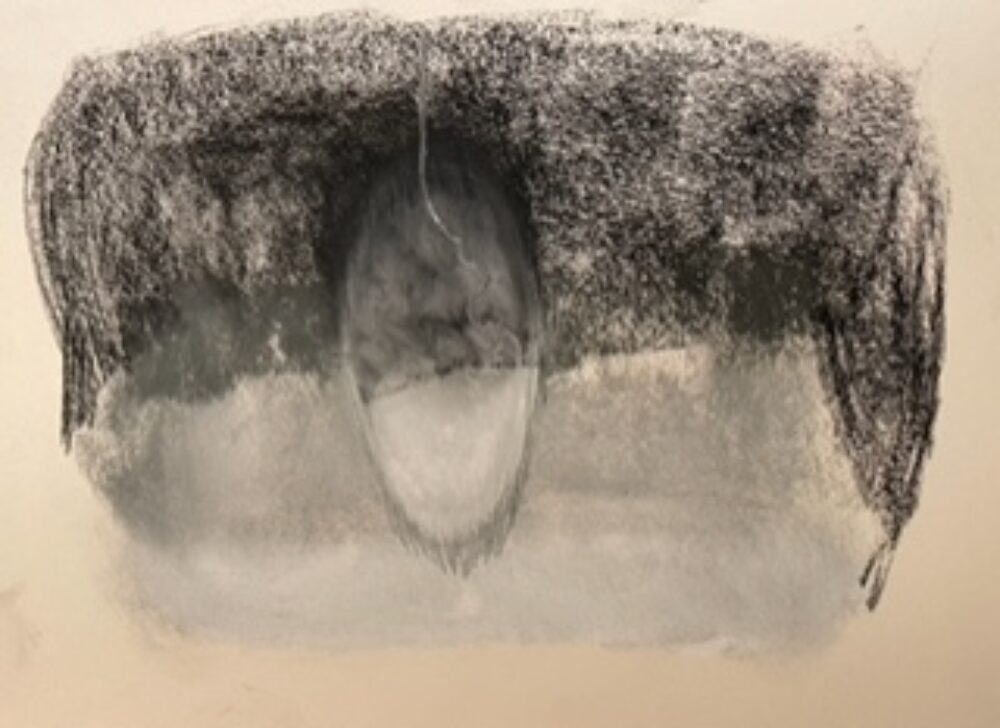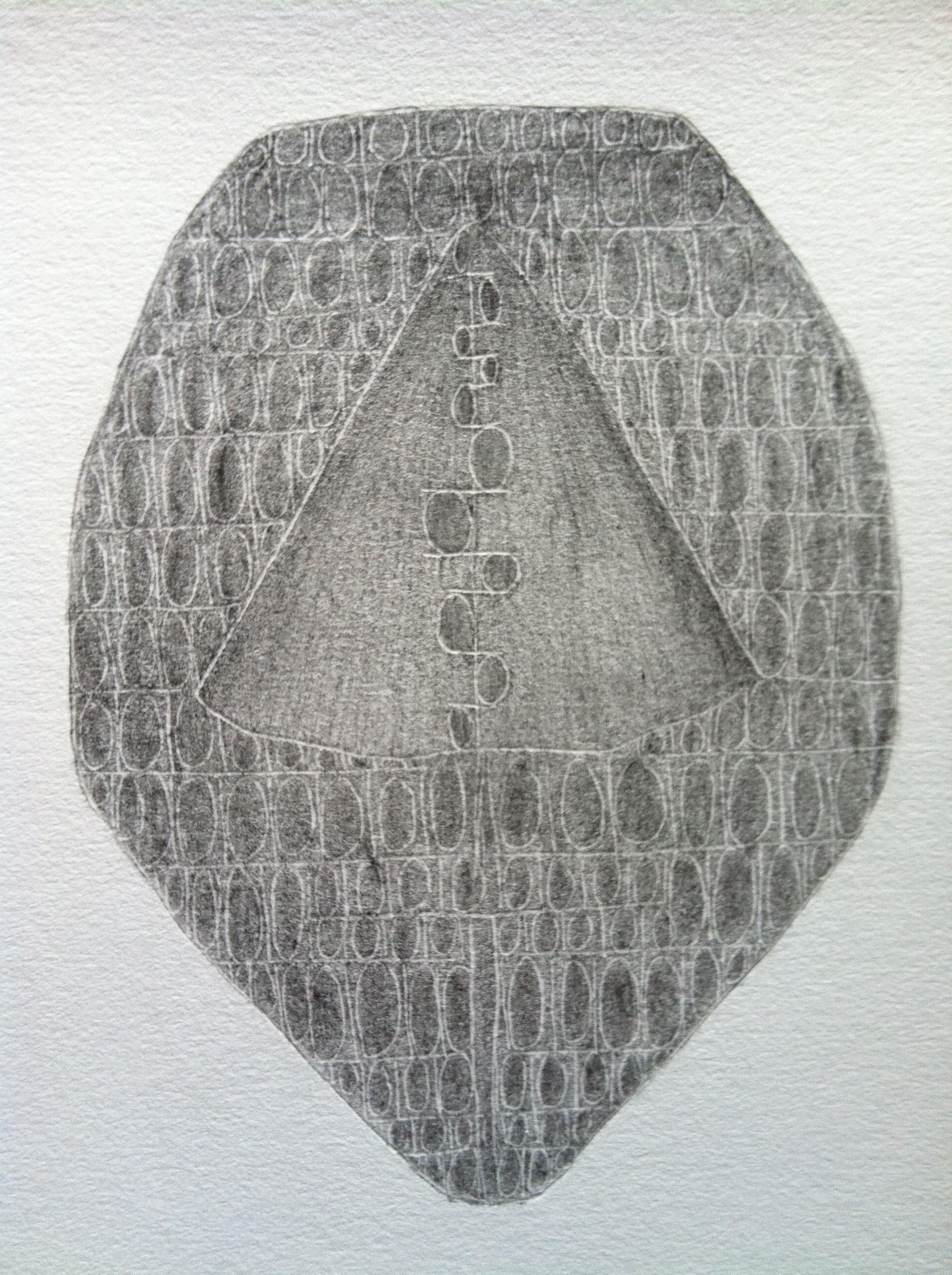The guilty pleasure we take in a zombie flick is first that they scare us and then they get what they deserve. We tell ourselves, “they are not human”. Cool, open season! Let’s sit back and enjoy how gaudily can we disarticulate them. What the undead do to us normals is horrifying and disgusting, what they get in return is our most lethal creativity.(Jule’s comment two posts ago nicely limns the phenomenology of the zombie flick.)
A related guilty pleasure is political invective. During the frustrating Bush #43 years, I felt almost suffocated by the rhetorical fog (“Patriot Act”, “Operation Iraqi Freedom”,”the Axis of Evil”, “trickle down economics”, “enhanced interrogation). Trenchant criticisim spiked with invective was emotionally and intellectually liberating. Bloggers like the Rude Pundit debased an already debased political language and pointed it in the other direction. The invective of the liberal blogosphere was and continues to be particularly creative in describing the rigid right wing: ,”slack jawed yokels”, “shoutycrackers”, “half-mad dingbats”, “wingnut wahabis” and “skeevy old white people with a thick shell of nutzoid shellac” (to list a few exemplary epithets). In a public Facebook post, I myself once described Republicans as “dim-witted gibbons”.
I apologize for that remark. With that remark I became a zombie; so much a disciple of my own certain beliefs that I could turn all who disagreed with me into Objects of my scorn.
I am not being a scold: political invective can still occasionally amuse me and invigorate my outrage. I do not believe that civility in discourse is a trumping issue: where would African Americans be today if they put civility in discourse above speaking the truth to power? I am making a smaller point as a reminder to myself: you cannot hope to fully understand another’s subjectivity if you do not grant them their subjectivity.


